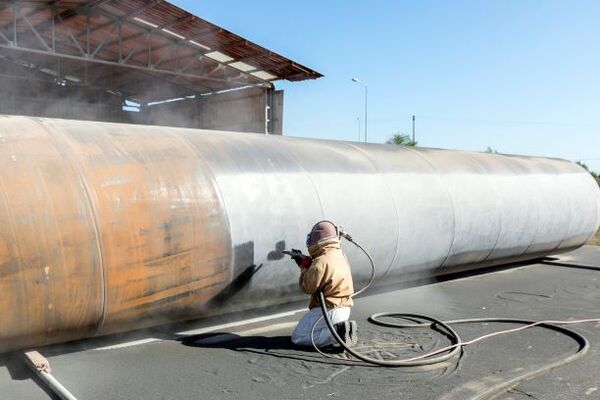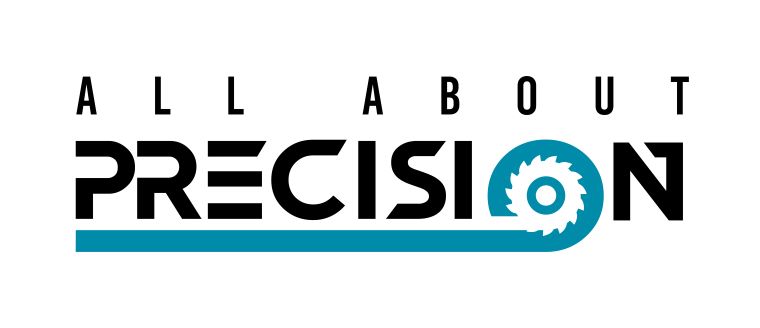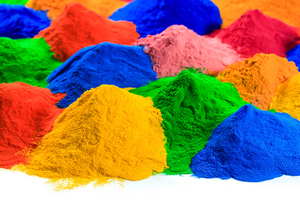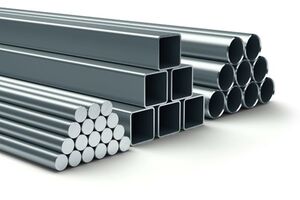
If you want a fluoropolymer coating that’s versatile and long-lasting, Xylan is an excellent choice. Here’s everything you need to know about Xylan and how it’s used.
What Is Xylan?
The term Xylan covers a whole family of fluoropolymer coatings including polytetrafluoroethylene (PTFE), perfluoroalkyl alkane (PFA), and fluorinated ethylene propylene (FEP) developed by the Whitford Corporation. The material is combined with reinforcing binder resins to create the Xylan coating. It’s one of the most effective industrial coatings, and it’s used in a wide range of industries.
History of the World’s Most Versatile Fluoropolymer Coating
Xylan has been around since 1969. The Whitford Corporation was the first company to manufacture it. This wholly-owned subsidiary of PPG is known for supplying some of the best paints, coatings, and specialty materials in the world.
Originally, Xylan was created as a way to protect rubber seals using a durable film that reduced friction. Today, this is just one of many ways the world is using the coating! The Whitford Corporation has made a variety of coatings for various applications.
Properties of Xylan
Low friction: CoF as low as 0.02 | Wear resistance: even under extreme pressures |
| Corrosion and chemical resistance in most environments | Weather resistance: against sunlight, salt water and road chemicals |
| Wide temperature operating range: from -420°F to +550°F (-250°C to 285°C) | Flexible curing schedule: ambient to 750°F (400°C) |
| Wide color range: color-code your product | Pliability: Many Xylan coatings will bend freely and repeatedly without breaking |
| Machinability: apply multiple coats of Xylan coating (most formulations) and mill to specification | Excellent adhesion: to most metals, plastics, ceramics, wood, even to itself (most formulations) |
Table 1 - Xylan® Properties[1]
Xylan is electrically negative. This is important because it means it won’t stick to other materials, making it useful for items such as cookware.
Top Advantages
There are so many advantages to using Xylan coating. In a lot of ways, Xylan coating is the ultimate form of protection. It can withstand some of the most intense high temperatures and extreme weather conditions.
Xylan is water-resistant. It also protects against corrosion, which can help items last longer. Xylan helps to prevent friction, which is especially valuable for machine parts. Essentially, Xylan coating can be used to protect an item and make it work even better.
Common Uses
Because there are eight different Xylan coatings, it’s used in many different industries. It can be applied using a spray or a powder coating. Xylan adheres to many materials including plastics, ceramics, metals, and wood.
Engineering and construction companies commonly use Xylan, in part because pigment can be added to it to create any color. The food industry, tech industry, medical industry, and more love Xylan for all the great benefits it provides. Some of the specific ways that Xylan makes the world go ‘round include:
- Automobiles and aircrafts
- Non-stick cookware and bakeware
- FDA-approved medical instruments
- Fasteners, bolts, and machined surfaces
- Food processing equipment such as food chutes and tubing
- Textiles
- Offshore and below-water facilities
- Electrical equipment
- Chemical processing
Xylan is also adaptable. It’s easy to customize depending on the desired application. When you look at the properties and advantages, it’s clear why Xylan is so popular.
Discover Xylan Coating through All About Precision
The bottom line is that Xylan coating works well for many different tasks. And if you’re looking for Xylan coating in the United Kingdom, go through All About Precision. We make finding the best engineering specialist for your needs easy! You can compare quotes, browse reviews, and more from our website.
References:
[1] www.whitfordww.com/brands/xylan-industrial
The technical advice and recommendations made in this article should not be relied or acted upon without conducting your own further investigations, including corrosion exposure tests where needed. Please consult current editions of standards for design properties. All About Precision assumes no liability in connection with the information in this article.



